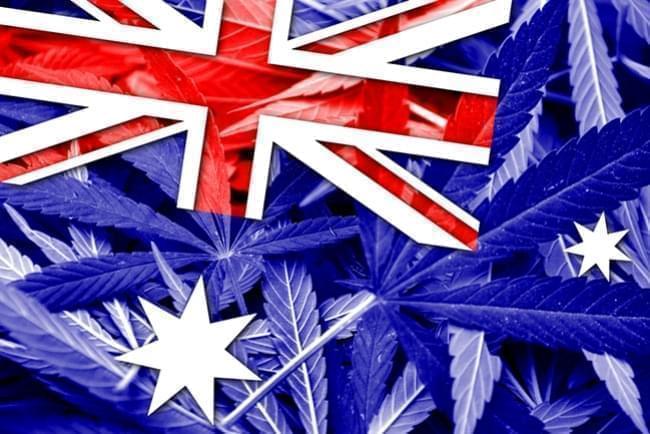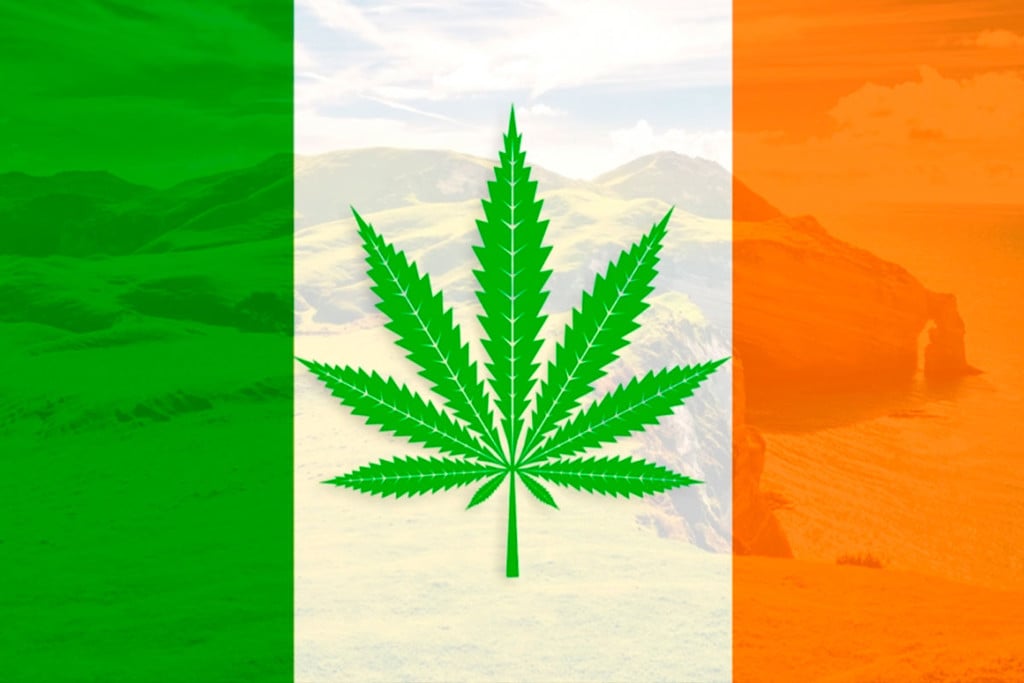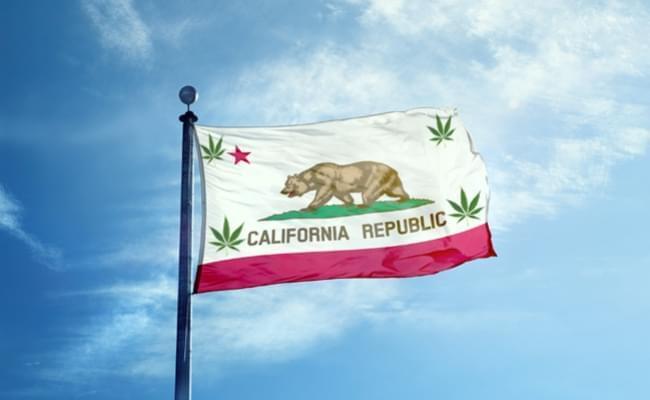.
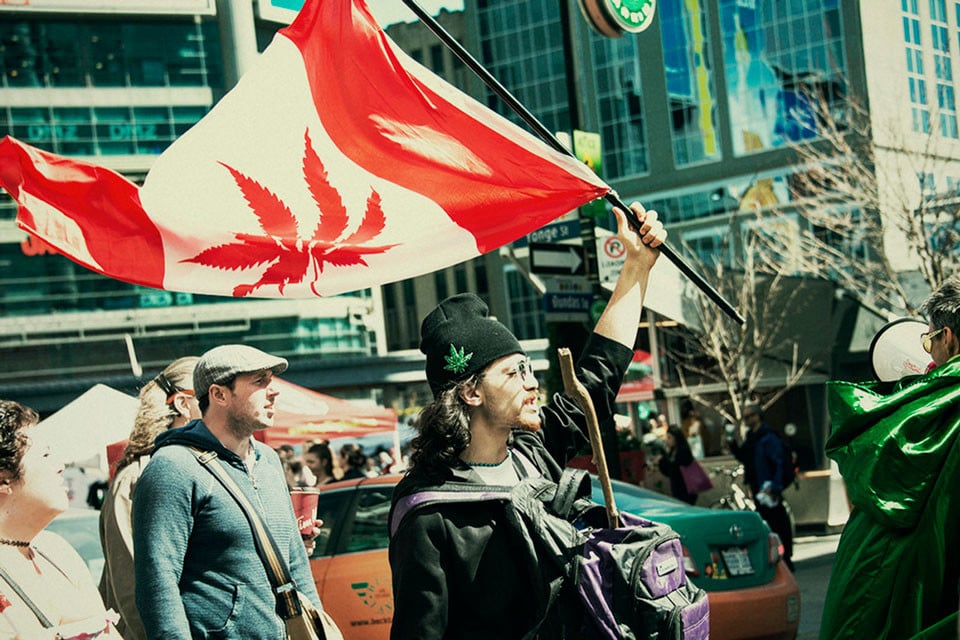
Legal Cannabis In Canada: One Year Later (2020 update)
Cannabis users around the world have been charmed by Canada's decision to legalize weed. But one year following legalization, it seems Canada's approach to legal weed leaves a lot to be desired.
Contents:
In 2018, it seemed Canada was to become cannabis Mecca. But a year following legalization, The Great White North has far from perfected its approach to legal weed. Read on for our full review of legal weed in Canada.
CANADA AND CANNABIS: ONE YEAR LATER
On October 17th, 2018, Canada became the second country in the world, and the first G7 and G20 nation, to fully legalize and regulate cannabis. And while Canada might be the envy of cannabis users the world over, the road to legalization was pretty rocky.
After being elected Prime Minister in 2015, Justin Trudeau created the Task Force on Marijuana Legalization and Regulation to begin the process of analysing and discussing a way to create a legal and regulated market for cannabis. Trudeau’s main reasons for legalizing weed in Canada were to combat the “criminal elements” involved in the illegal trade of cannabis and to better protect minors “from the easy access they have right now to marijuana”.
After announcing his plans for legalizing cannabis in 2016, a number of illegal dispensaries popped up around the country. In response, Trudeau urged police to enforce the law and prosecute businesses or individuals growing and producing cannabis prior to legalization, resulting in a number of raids and prosecutions.
Finally, cannabis became legal in Canada on October 17, 2018 under the Cannabis Act. The act detailed strict regulations of who can buy and sell cannabis, and gave provincial and First Nations governments a number of freedoms for governing the distribution of weed themselves.
HOW HAS CANNABIS LEGALIZATION CHANGED ATTITUDES AND BEHAVIOUR?
In order to track the effects of legalization, the Canadian government released its first National Cannabis Survey in 2019.
The study highlights a number of changes since legalization, including a rise in the number of people consuming cannabis. Statistics Canada suggests that some of these new users were first-time users, while others were former users who tried cannabis again following legalization. Most of these new users were older, with half aged over 45 years.
The study also showed that legalization didn’t increase the number of underage people consuming cannabis, nor the number of people driving impaired under the influence of weed (two major concerns among prohibitionists opposing legalization). In fact, the National Cannabis Survey showed that, in many aspects, cannabis use across Canada remained unchanged following legalization.
WHAT POSITIVE IMPACTS HAS LEGAL CANNABIS HAD ON CANADA?
In general, the effects of legalizing weed in Canada have been overwhelmingly positive. First and foremost, the move to legalize cannabis created a billion-dollar industry. In the first two weeks following legalization, Canadian cannabis sales were already worth over $43 million.
Over the first 10 months following legalization, the legal cannabis industry in the country grew by over 185%. In Q1 and Q2 of 2019, the industry contributed over $8 billion to the country’s GDP, and expert economists estimated the new industry could come to be worth up to $20 billion. Canada is also home to some of the biggest cannabis companies in the world, including Canopy Growth Corp (market cap $12.4 billion), Aurora Cannabis ($10.61 billion), and Aphria Inc. ($3.64 billion).
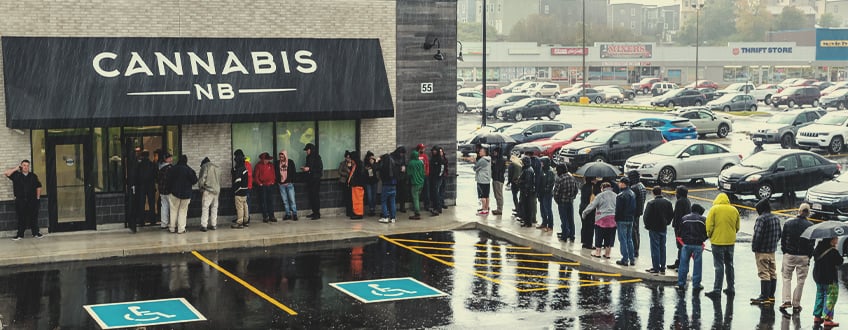
Arguably the biggest benefit of legalizing cannabis in Canada is its effect on organised crime. By tightly regulating the market for cannabis, the Canadian government has stopped prosecuting citizens for possessing and consuming cannabis (a drug with fewer serious health risks than alcohol or tobacco) while taking millions of dollars out of the hands of criminal organisations.
WHAT NEEDS TO BE DONE TO IMPROVE THE LEGAL CANNABIS INDUSTRY IN CANADA?
While Canada definitely seems light-years ahead of other Western nations in its stance on cannabis, its approach to legalization is far from perfect.
One thing that sets Canada behind, for example, is its stance on some cannabis derivatives. For the entire first year of legalization, Canadians had no access to cannabis edibles or topicals. These products were legalized on October 17, 2019, but still haven’t hit the shelves in some places. At the time of writing this article, the Ontario Cannabis Shop only stocks a single edible product.
Another major problem of Canada’s system concerns accessibility; Ontario, Canada’s most populous province, is completely void of retail cannabis shops. Instead, Ontarians have to order their weed online from the Ontario Cannabis Shop, which has a notoriously bad reputation for high prices, delayed shipping, and extremely dry flower. With the only retailer in the province providing that kind of service, the black market for cannabis isn’t going anywhere.
CANADA’S LEGAL CANNABIS MARKET: 2020 AND BEYOND
Canada’s decision to legalize weed was one of the first of its kind. However, its approach is still far from perfect. In some provinces, Canadians are still eagerly awaiting edibles and topicals to become available, and the entire province of Ontario still has to buy its weed from one very poorly performing online shop.
Nonetheless, we do have to praise Canada for making the decision to legalize cannabis on a federal level, something no other Western country has done yet. And, thanks to its efforts, cannabis use is finally starting to be destigmatised in one of the largest nations in the world.
DisclaimerIt’s no secret that humans have a huge impact on the planet. While smoking cannabis often draws us closer to nature, it can also cause us to accidentally (or intentionally) contribute to this mess.
At Royal Queen Seeds, we encourage you to leave no trace. Whether you’re camping in the woods, chilling on the beach, or enjoying time at your local park, always take your rubbish home with you.
Also, consider fire risks; never flick burning ash onto areas of dry vegetation.
Stay Cultivated.


























